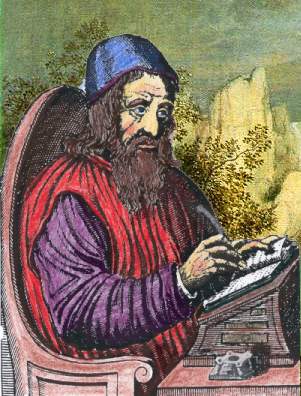

In Elizabeth Eisenstein's
"The Rise of the Reading Public" stated that the mass media basically has had some positive and negative affects on the growing people. She has talked about how the media is the cause of separation between people and religion, tradition and basic educational skills.
I do agree that the mass media has broken up religion and people. A lot of sunday rituals that take place in a church revolves around the world around it. If you were to go to a christian baptist church and walk into a sermon given by the pastor, you will hear about the local travesties and dilemmas happening within the community. Later followed by some kind of good act, "divinely" sent, to fix the problem and to make peace within the community. There is no sermon that starts of with solely the bible and ends with it. If one wants to go to a Catholic Mass or a Jewish Temple to find otherwise, you will find no different. The sermon is first started of with God (Allah, Jesus, ect.) and ends with current reality.
Eisenstein also suggest that the mass media has cut off the simple tradition of the story teller and replaced it with the literate person who reads the story and makes the story teller look misleading or uneducated. I strongly disagree with this. Traditional vales can only be past down from word of mouth. A culture cannot be defined through the scrolls and text an archeologist/historian might find buried deep beneath the ruins in the Sahara. It is the people that has great grandparents that taught them what scrolls could not and their grandparents before them. Story telling is a social way of media and therefore cannot be tainted nor diminished. Therefore, making the eldest in any family, culture or religion the most wise and educated.
Either way in my opinion, Elizabeth Eisenstein walks a thin line between the optimistic values and pessimistic blemishes of the mass media. And no matter how thin that line is, no one can deny that the media has made its progress through out the years and that transition between storyteller and Pop Magazine is becoming a little bit smoother.
Labels: Elizabeth Esenstein, Media, Print Media, storytelling








